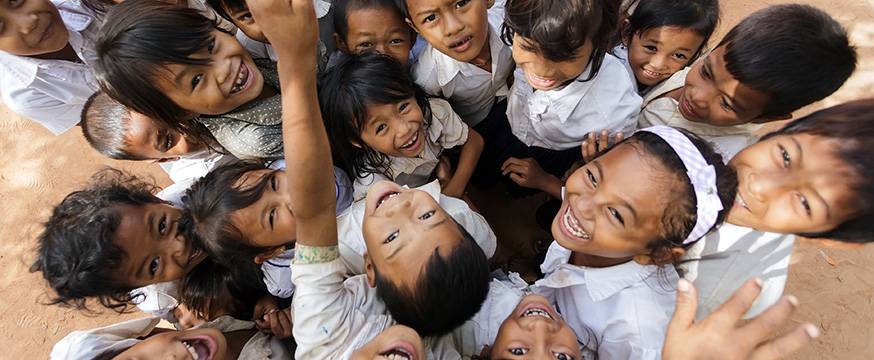
Curriculum audit informs development of a regional assessment framework
Research 8 Aug 2016 3 minute readThe results of an audit of curriculum materials of 11 ASEAN countries has informed the development of a regional assessment framework.
Curriculum audit informs development of a regional assessment framework
This framework outlines what skills and expertise the Southeast Asia Primary Learning Metric (SEA-PLM) will measure to help governments understand learning achievement in their schools.
The SEA-PLM – a collaboration between the Southeast Asian Ministers of Education Organization, UNICEF and ACER – is a regional assessment to measure the performance of Year 5 children in four domains (reading, writing, maths and global citizenship) in the education systems of member countries of the Association of Southeast Asian Nations (ASEAN).
The SEA-PLM will aim to:
- help partner governments better measure and understand the status of learning achievement across the ASEAN region
- strengthen the capability and capacity of national examination and assessment staff, while building a critical pool of expertise in the region, and
- support collaboration on the development of learning assessments and standards across the education systems of the member countries of ASEAN.
Prior to developing the framework for the SEA-PLM, an audit of the curriculum materials of 11 ASEAN countries was undertaken to identify similarities and differences in the curriculum frameworks in each country.
The audit examined statements about the overarching orientation of education in each country, and then focused on the details of the curriculum for Year 5.
The curriculum audit reveals significant diversity between the ASEAN countries in the way they define their schools’ curriculum requirements and their broad learning goals. This strongly indicates differing priorities in particular countries.
Nevertheless, the audit also reveals significant overlap and similarity across curriculum statements.
The overarching curriculum goal across ASEAN countries is that education should produce citizens who are able to deal with challenges and solve the kinds of problems they are likely to confront throughout their lives.
This concern with the practical application of students’ skills, knowledge and understanding in everyday contexts is the orientation of the framework, and is the basis from which the SEA-PLM initiative is built.
Further information:
Read the audit report Southeast Asia Primary Learning Metrics: Audit of Curricula, March 2016.